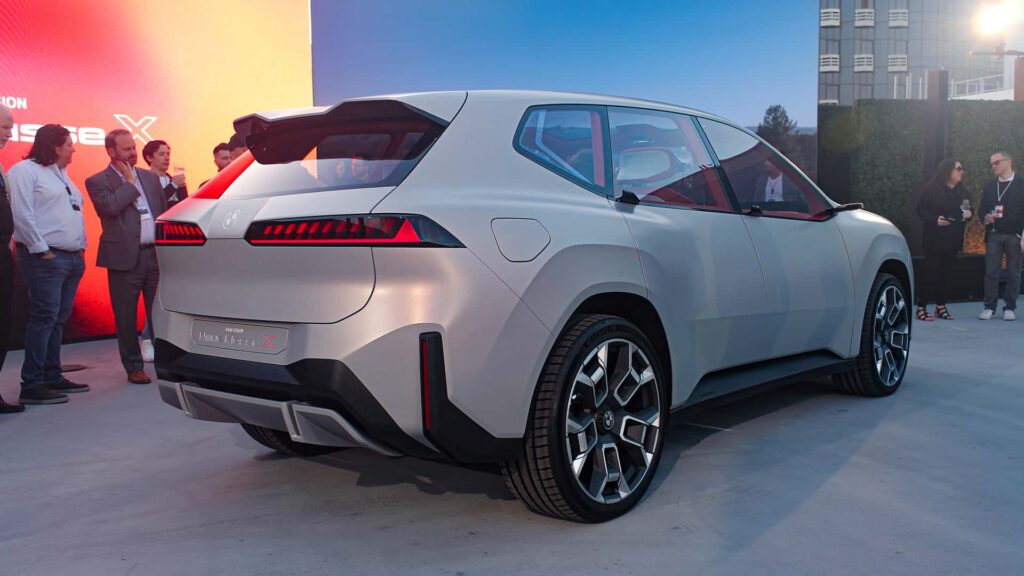BMW has made a significant announcement regarding their South Carolina plant, which is currently the largest U.S. automotive exporter by value. The plant will now be responsible for assembling the all-electric versions of the X5 and X7 SUVs, known as the iX5 and iX7. This move is part of BMW’s strategy to transition into the electric era while maintaining their stronghold in the SUV market.
The decision to produce electric SUVs in South Carolina is not just about manufacturing efficiency. It is also a strategic move to shield BMW from the ongoing tariff chaos that has been affecting the automotive industry. By producing electric vehicles locally, BMW can avoid potential import tariffs and ensure a smoother supply chain for their electric models.
The upcoming iX5 and iX7 are part of BMW’s ambitious plan to introduce at least six electric SUVs by 2030. The iX7, set to be launched in 2027, will be BMW’s first full-size all-electric model, competing directly with luxury SUVs like the Cadillac Escalade IQ. The iX5, on the other hand, will target the mid-size SUV segment and compete with electric models like the Tesla Model X and Cadillac Vistiq.
Both the iX5 and iX7 will be based on BMW’s versatile CLAR architecture, which allows for easy integration of electric powertrains. However, these electric SUVs will also incorporate technologies from BMW’s new Neue Klasse architecture, such as advanced motors, batteries, and controllers, for a more efficient drivetrain.
To support the production of electric vehicles, BMW is investing $700 million in a new battery facility near the Spartanburg plant. Additionally, they are allocating an extra $1 billion to upgrade the vehicle assembly lines for electric vehicle production. These investments are aimed at enhancing BMW’s electric vehicle capabilities and ensuring a seamless transition to electric mobility.
In terms of range and performance, BMW’s new electric vehicles are expected to deliver up to 560 miles of range, thanks to technological advancements like silicon carbide semiconductor components and newly developed cylindrical batteries. These innovations will not only improve the efficiency of BMW’s electric vehicles but also reduce charging times by 30% compared to current standards.
Overall, BMW’s decision to produce electric SUVs in South Carolina demonstrates their commitment to sustainability and innovation. By leveraging their existing manufacturing capabilities and investing in new technologies, BMW is positioning itself as a leader in the electric vehicle market. The future looks bright for BMW as they continue to expand their electric vehicle lineup and drive towards a more sustainable automotive industry.

